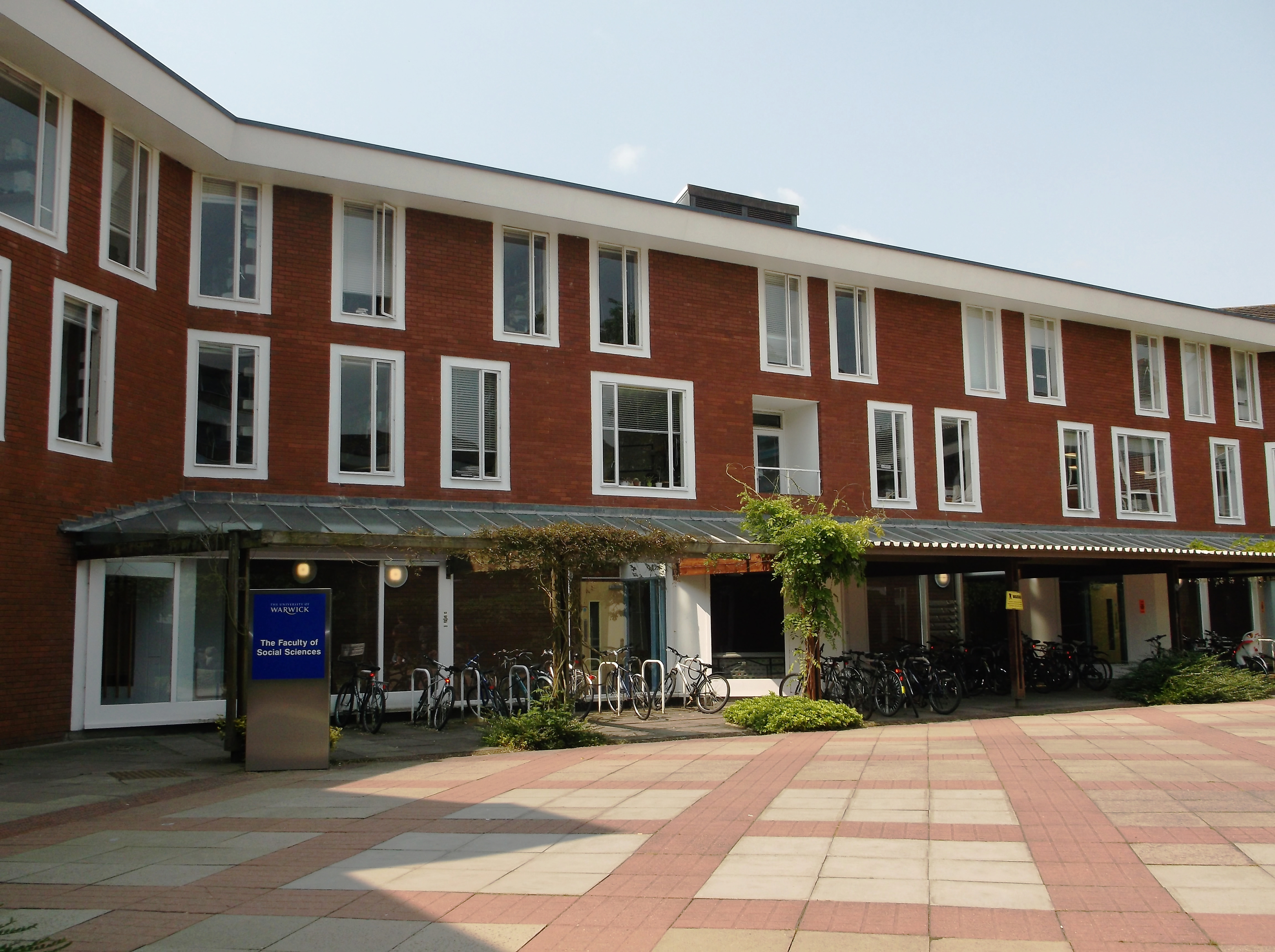Letter signed by students and staff lambasts unkept Wellbeing Strategy commitments at Warwick
A letter signed by students — including current Warwick Students’ Union (SU) Officers — and staff has called for Warwick University to tackle “unsafe personal tutoring ratios” and “excessive student recruitment” in the Social Sciences Faculty.
The letter states: “The University of Warwick’s Wellbeing Strategy prioritises prevention and early intervention, to resolve difficulties before they can turn into crises. But how can the University look after student wellbeing, if it is breaking its own recommendations on personal tutoring?”
An institutional review of Warwick University’s personal tutoring processes was conducted in 2017/18. The review concluded with 18 recommendations, informed by best practice, demographic, and diversity considerations to improve Wellbeing Support Services at Warwick.
One of the most notable recommendations that Warwick agreed to implement was a limit of 25 tutees per academic tutor across departments. Other recommendations include increasing the number of Faculty Wellbeing Support Advisors and developing a code of practice.
However, the letter claims that “rather than abiding by the University’s limit of 25/1, the Economics department is currently allocating an average of 34 students to each academic tutor. Even more seriously, PAIS currently has a ratio of 47 to 1”.
My experience of personal tutoring in PAIS has been one where tutors are slow to respond, or have not responded at all
–Anonymous PAIS student
The letter has been signed by several professors at Warwick University, as well as current Welfare and Campaigns, and Womens’ SU Officers.
An anonymous PAIS student commented: “In my first year, I met with my personal tutor once on Teams. My experience of personal tutoring in PAIS has been one where tutors are slow to respond, or have not responded at all. I have not had the required number of meetings under University policy, and I know many of my peers have had the same experience of not being supported.”
The call for improvement of Wellbeing Support Services comes amidst a time of academic turmoil among students at Warwick. Students are currently facing an ongoing marking and assessment boycott (MAB), following strike action in previous academic terms.
Recently, the History Department sent a notice to History students about potential delays, and the decision not to release feedback after the normal 20-day period due to uncertainty with the UCU boycotts.
A third-year History student commented: “It’s bad enough that I missed a lot of lectures throughout the year due to strikes, and now I won’t have my graduating marks for a while. Worrying about this isn’t great for my mental health”.
We are outraged that central committees prioritise profit when setting their student recruitment targets, so that students end up in departments which cannot adequately support them
–Letter signed by students and staff
Additionally, an Economics student alleged that the department is struggling to provide dissertation supervisors, as the intake for the course has doubled from previous years.
The letter ends by demanding that “the University abide by its own policies for student support and wellbeing. We are outraged that central committees prioritise profit when setting their student recruitment targets, so that students end up in departments which cannot adequately support them.”
Chris Ennew, Provost at The University of Warwick said: “The well-being and safety of our student community is vitally important to us. We resource this centrally through Wellbeing Support Services and locally via student experience teams and personal tutoring in academic Departments.
“Our teams work with our students to develop the personal resources and skills they need to navigate the challenges and opportunities of student life. Recent data on overall staff student ratios compiled by HESA (Higher Education Statistics Agency) ranks Warwick highly compared with other leading Universities.
“And while Departments have some discretion in distributing workloads between staff members, those mentioned are not out of line with Faculty averages across the sector for staff student ratios. Some of these Departments ranked among the best in the Russell Group for academic support in the 2022 NSS survey.”

Comments